人教精通版(三起)六年级下册Unit 1 I went to Sanya for my holidays综合素质评价
试卷更新日期:2024-03-29 类型:同步测试
一、听句子, 将人名与相应图片连线。 (5分)
-
1. 听句子, 将人名与相应图片连线。
Cathy
Tiantian
Tom
Tim
Mike
A.
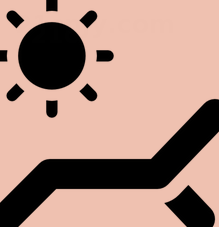
B.
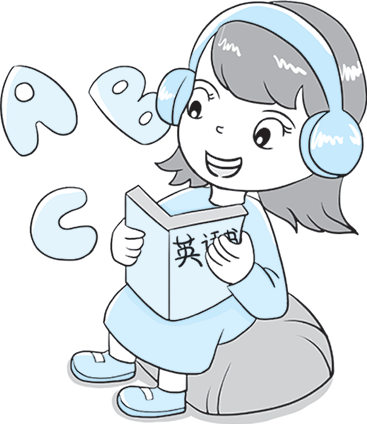
C.
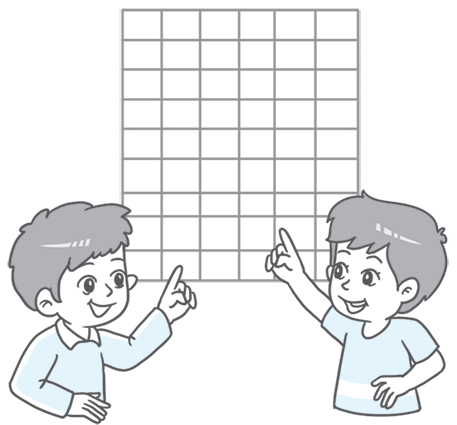
D.
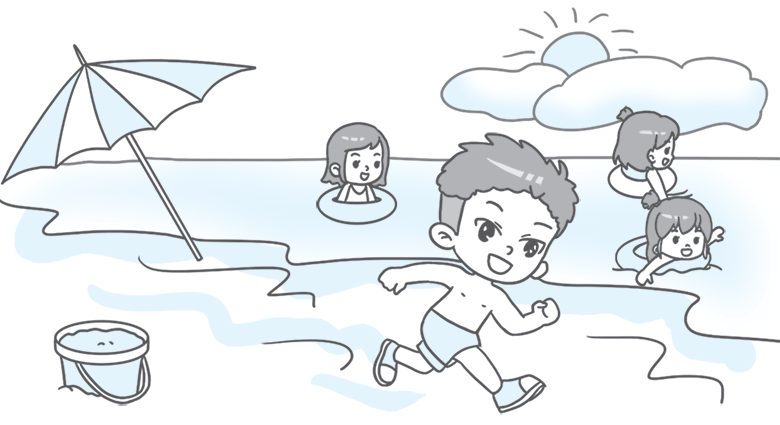
E.
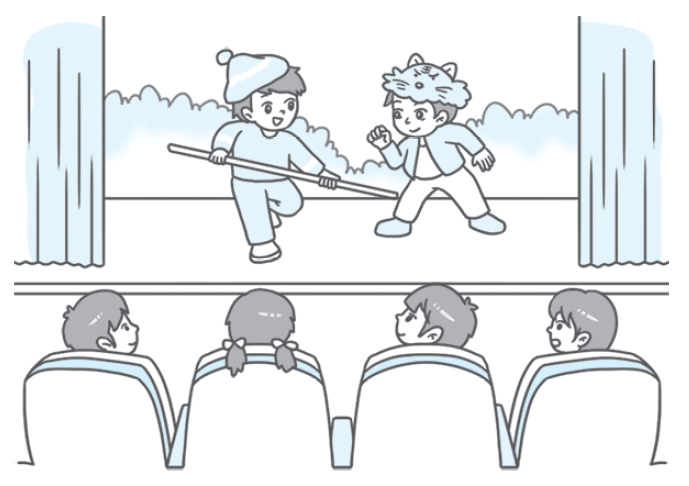
二、听问句, 选择合适的答语。 (5分)
-
2. 听问句, 选择合适的答语。(1)、A、Yes, I am. B、Yes, I do. C、Yes, I did.(2)、A、Last week. B、Tomorrow. C、Two days.(3)、A、At seven. B、I went to Sanya. C、With my parents.(4)、A、In a hotel. B、In 1998. C、Last week.(5)、A、On Sunday evening. B、In the morning. C、By doing things.
三、听对话, 判断下列句子正误。 (10分)
-
3. 听对话, 判断下列句子正误。(1)、David is talking about his trip to Tianjin.(2)、David went to Tianjin by ship.(3)、David visited the Tianjin Eye and the Haihe River with his friends.(4)、Kate stayed in a hotel by the sea.(5)、They both had a good time during the winter holidays.
四、Tiantian在微博上介绍他的英语学习经历。听短文, 补全所缺内容。 (10分)
-
4. Tiantian在微博上介绍他的英语学习经历。听短文, 补全所缺内容。
Tiantian5-1 16:45
Hello, friends. My name is Tiantian. My in primary school is over. I want to share something about my English study with you. I began to English at the age of nine. I learned a lot of words in classes. Our teacher us many interesting topics and we did many tasks. Now I can English to tell stories and talk with my classmates. I can also write a little English about my real life. I'm very in primary school.

五、用括号内所给单词的适当形式填空。 (10分)
-
5. They (go) to the Tianjin Eye last Sunday.6. This is an (interest) book.7. We can learn English by (chant) .8. The teacher asks us (answer) this question in English.9. It's about our English (learn) .
六、单项选择。 (10分)
-
10. We have ____ a lot of words and sentences.A、learning B、learn C、learned D、learns11. —____ did you get to Sanya?
—By plane.
A、What B、How C、When D、Where12. Where did you go ____?A、tomorrow B、now C、yesterday D、next week13. ____ Lucy ____ her room last weekend?A、Is; clean B、Did; clean C、Did; cleaned D、Was; clean14. —____ did you go on a holiday?—I went to America.
A、Why B、Where C、When D、How15. I learned a lot _______ using the dictionary.A、by B、from C、how to D、how16. Our teachers usually let us do things by____.A、herself B、themselves C、ourselves D、myself17. —____ did your classmates do to learn English?—They listened, spoke, read and wrote.
A、What B、When C、How D、Where18. Sometimes we used words and sentences ____ stories.A、tell B、say C、to talk D、to tell19. We ____ have classes last week.A、didn't B、don't C、doesn't D、aren't七、按要求完成句子。 (10分)
-
20. I went to the shop last Sunday. (改为一般疑问句)
you to the shop last Sunday?
21. They learned English in groups. (改为否定句)They English in groups.
22. They learned English by doing things. (对划线部分提问)they learn English?
23. Peter goes to the library every Monday morning. (用last Saturday 改写句子)Peter to the library last Saturday.
24. went, parents, to, I, with, Sanya, my (. ) (连词成句)八、选择合适的句子, 补全对话。 (10分)
-
25. 选择合适的句子, 补全对话。
A. I visited Tianjin.
B. That sounds wonderful.
C. How did you get there?
D. What did you do during the holidays?
E. We went to many interesting places there.
Gao Wei: Hello, Kate.
Kate: I went to Harbin with my parents.
Gao Wei:
Kate: We went there by plane.
Gao Wei: Did you have a good time?
Kate: Sure. We went to the Sun Island and the Central Street. What about you?
Gao Wei: I went to the Tianjin Ancient Cultural Street with my family.
Kate:
九、完形填空。(10分)
-
26. 完形填空。
Hello, friends! My name is Gao Wei. My English study in primary school is coming to an end. Let me 1 you something about my English study in primary school. I 2 to learn English three years ago. I learned 3 in our English lessons. Our English teacher 4 us in many interesting ways. She often asked us 5 our English in and 6 class. Now I can 7 English to do things. I can sing English songs, do 8 play, and act in 9 . I'm very happy 10 my English study in primary school.
(1)A、 talk B、 say C、 tell(2)A、 begin B、 began C、 begins(3)A、 a lot of B、 a lot C、 very much(4)A、 teach B、 teaches C、 taught(5)A、 practise B、 to practise C、 practising(6)A、 on B、 out of C、 at(7)A、 use B、 to use C、 used(8)A、 act B、 drama C、 role(9)A、 stage B、 play C、 drama(10)A、 with B、 for C、 to十、阅读材料, 判断下列句子正误。 (10分)
-
27. 阅读材料, 判断下列句子正误。
There were four great inventions in China. They are paper making (造纸术) , gunpowder (火药) , printing (印刷术) and the compass (指南针) . The compass is the most important technology (技术) in Zheng He's voyages (航海) . Its first name is Sinan. But now there are four new inventions. CCTV introduced (介绍) them on social media.
China's Four New Great Inventions
high-speed railway
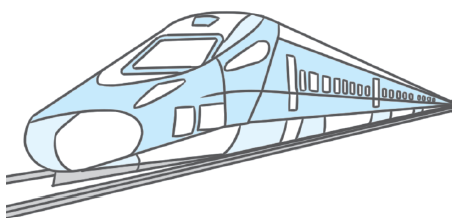
electronic payment
(电子支付)
shared bike and car
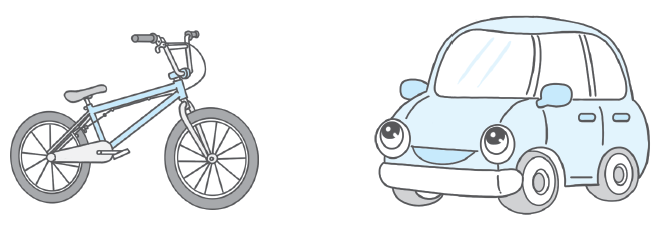
online shopping
 (1)、The compass was used (被使用) in Zheng He's voyages. And its first name is Sinan.(2)、There were highspeed railways in the Tang Dynasty (唐朝) .(3)、Now we can pay by phone. It's very good.(4)、Now people can't go by shared bike or car.(5)、If you don't have enough time to go shopping, shopping online can be a good choice.
(1)、The compass was used (被使用) in Zheng He's voyages. And its first name is Sinan.(2)、There were highspeed railways in the Tang Dynasty (唐朝) .(3)、Now we can pay by phone. It's very good.(4)、Now people can't go by shared bike or car.(5)、If you don't have enough time to go shopping, shopping online can be a good choice.十一、书面表达。 (10分)
-
28. 同学们, 假期的生活充实而精彩, 请根据思维导图描述一下你的假期生活。
My holidays
What did you do?
stay in a hotel
enjoy sunbathing
enjoy the moon and stars
Where did you go?
Sanya
Tianjin
...
How did you get there?
by plane
by car
by ship
by bus
Who did you go with?
my family
my friends
my grandparents
-
-
-
-
-
-
-